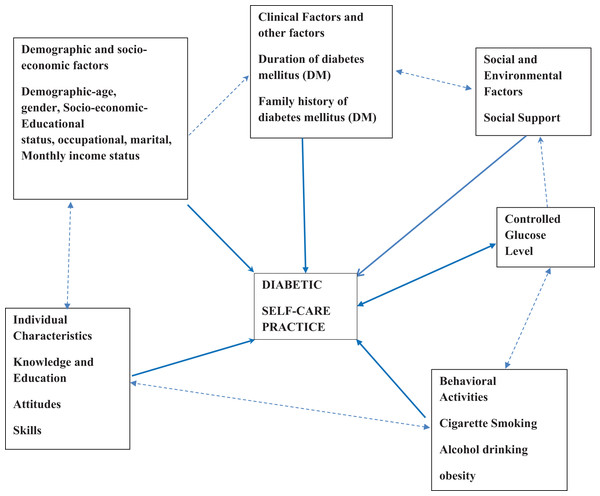Hilton, Marriott to expand further across Africa - CNBC Africa
As Africa experiences a burgeoning revival in its tourism industry, U.S. hotel giants Hilton and Marriott are gearing up to expand their footprint across the continent. This strategic move aims to harness Africa's untapped potential and growing allure as a global tourist destination. However, industry experts highlight both promising opportunities and formidable challenges that accompany such expansion ambitions. According to Trevor Ward, Managing Director of W Hospitality Group, major hotel chains, including Hilton and Marriott, have announced several deals for future hotel projects across Africa. "We've had Wyndham, Accor, Marriott, and Hilton all talking about deals they've signed for future hotel projects," Ward explained during an interview discussing the industry's trajectory. Despite the optimism surrounding such agreements, Ward was cautious, highlighting that these deals are in their nascent stages and dependent on various factors for fruition. He emphasized, "They're not completely in control of actualization of those deals. We hope very much that they will be realized, but at the moment, they're very much embryonic." The African hospitality landscape presents a mixed bag of conditions impacting development. In some regions, currency depreciation and inflation are exerting pressure on pricing structures. Nevertheless, data from Lagos and Abuja reflect robust growth in room rates, with average prices climbing 54% and 68% respectively from January to May this year. Ward attributes this growth to strong demand coupled with limited new supply, which allows hotels to leverage the weaker local currency against the dollar. Despite these favorable pricing dynamics, the hospitality industry is not without its challenges. In cities like Nairobi, the influx of hotel openings has strained market stability. Hotels spring up, stretching existing demand thin and affecting occupancy rates. "Demand grows organically while supply comes in a big hit," Ward commented, using a vivid analogy – "think about a python swallowing a pig" – to describe the sudden bulge in the market due to new hotel openings. While occupancy rates in cities such as Lagos and Addis Ababa are expected to decline, partly due to anticipated yet frequently delayed hotel projects, the domestic market plays a crucial stabilizing role. Contrary to common belief, it's not only international guests who populate Nigerian hotels. Ward underscores the vital contribution of local demand: "Domestic demand saved the hotel industry in Nigeria during the pandemic because of its size. The market bounced back quickly in late 2020... the vast majority of demand is domestic." This robust domestic demand provides a beacon of resilience and potential growth. It positions Nigeria's hotel industry as a more formidable market force compared to smaller West African nations like Liberia and Sierra Leone, where international visitors form a larger share of hotel occupancy. Looking forward, the expansion plans of global hotel conglomerates in Africa signal a vote of confidence in the region's untapped hospitality sector. Yet, as highlighted during Ward’s discussion, success hinges on carefully navigating economic challenges and aligning projects with realistic market capabilities. In summary, Hilton and Marriott's ambitious plans to expand their African footprint come not only as an affirmative nod to the continent's growing tourism sector but also as a clear signal of the hotels' strategies to capitalize on emerging markets. With fluctuating regional economic conditions and a vibrant domestic market in countries like Nigeria, these expansions encapsulate both the potential and complexities of doing business on the African continent.










